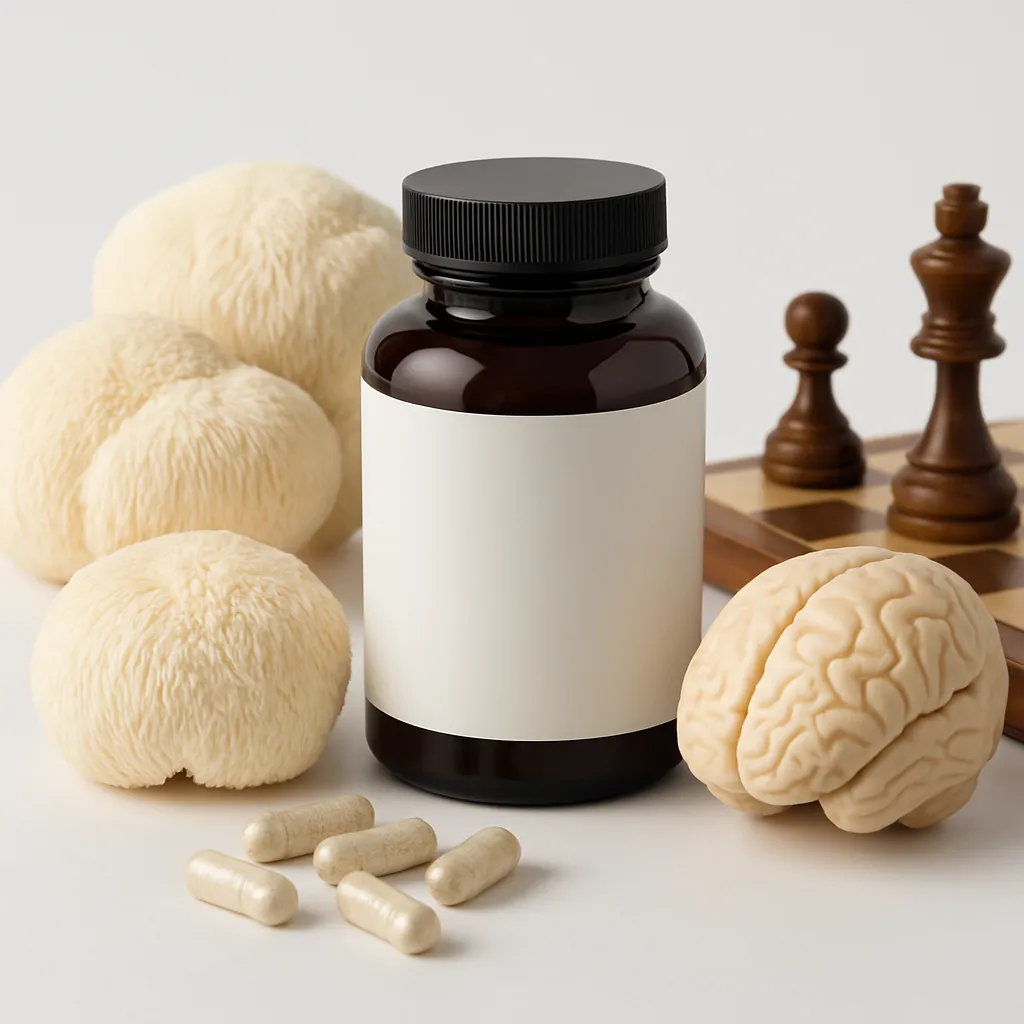Unlocking Selenium: Your Guide to Optimal Dosage and Benefits

Introduction
If you've been exploring the world of dietary supplements, you've probably come across selenium. This essential mineral plays a crucial role in maintaining optimal health. But how much should you take? And what should you look for when buying a selenium supplement? Let's dive into the nitty-gritty of selenium dosage guidelines.
What is Selenium?
Selenium is a trace mineral vital for many bodily functions. It's involved in DNA synthesis, thyroid hormone metabolism, protection against oxidative damage, and immunity[1]. Selenium exists in several forms, the two most important being selenomethionine and selenocysteine. These compounds are incorporated into proteins to form selenoproteins, which are essential for human health[2].
Types of Selenium Supplements
Selenium supplements come in various forms, including capsules, tablets, liquids, and powders. The two primary types of selenium used in supplements are selenomethionine and selenite. Selenomethionine is more readily absorbed and retained by the body, making it the preferred form for supplementation[3].
How to Choose a Quality Selenium Supplement
When choosing a selenium supplement, look for products that contain selenomethionine, have been third-party tested for quality assurance, and have a certificate of analysis (COA) available. Also, ensure the product is free from unnecessary additives, fillers, or allergens.
Recommended Brands and Products
Three reputable brands that offer high-quality selenium supplements include NOW Foods, Thorne, and Pure Encapsulations. NOW Foods offers a selenomethionine supplement in capsule form. Thorne provides selenium in both capsule and liquid form, while Pure Encapsulations offers a hypoallergenic selenium supplement in capsule form. Prices can range from $10 to $25 depending on the brand and product.
Proper Dosage and Timing
The recommended dietary allowance (RDA) for selenium is 55 micrograms (mcg) per day for adults. However, selenium supplements often contain more, typically around 200 mcg per serving. It's best to take selenium supplements with a meal to enhance absorption[4].
Potential Side Effects and Precautions
While selenium is generally safe at recommended doses, excessive intake can lead to selenium toxicity. Symptoms of selenium toxicity include nausea, diarrhea, hair loss, and in severe cases, heart and kidney problems[5]. Therefore, it's crucial to follow the recommended dosage guidelines.
Conclusion
Selenium is an essential mineral that your body needs to function optimally. When choosing a selenium supplement, ensure it contains selenomethionine, is third-party tested, and comes from a reputable brand. Always follow the recommended dosage guidelines to avoid potential side effects.
References
[1]: Rayman, M. P. (2000). The importance of selenium to human health. The Lancet, 356(9225), 233-241. DOI: https://doi.org/10.1016/S0140-6736(00)02490-9
[2]: Labunskyy, V. M., Hatfield, D. L., & Gladyshev, V. N. (2014). Selenoproteins: molecular pathways and physiological roles. Physiological Reviews, 94(3), 739-777. PubMed: https://pubmed.ncbi.nlm.nih.gov/24987004/
[3]: Burk, R. F., & Hill, K. E. (2005). Selenoprotein P: an extracellular protein with unique physical characteristics and a role in selenium homeostasis. Annual Review of Nutrition, 25, 215-235. DOI: https://doi.org/10.1146/annurev.nutr.24.012003.132120
[4]: Institute of Medicine (US) Panel on Dietary Antioxidants and Related Compounds. (2000). Dietary Reference Intakes for Vitamin C, Vitamin E, Selenium, and Carotenoids. National Academies Press. https://www.ncbi.nlm.nih.gov/books/NBK225483/
[5]: Vinceti, M., Filippini, T., Del Giovane, C., Dennert, G., Zwahlen, M., Brinkman, M., ... & D'Amico, R. (2018). Selenium for preventing cancer. Cochrane Database of Systematic Reviews, (1). DOI: https://doi.org/10.1002/14651858.CD005195.pub4
Disclaimer: This article is AI-generated for educational purposes only and is not a substitute for professional medical advice. Always consult with a healthcare provider before starting any supplement regimen.
Explore More Resources
Disclaimer: This article is AI-generated and for informational purposes only. While we strive for accuracy, the content may contain errors or omissions.
The information provided is not medical advice. Always consult with healthcare professionals before starting any supplement regimen or making changes to your health routine.
Important: The information provided in this article about supplements is for educational purposes only. It is not intended to diagnose, treat, cure, or prevent any disease.
FDA Disclaimer: These statements have not been evaluated by the Food and Drug Administration. Supplements are not intended to diagnose, treat, cure, or prevent any disease.
Related Articles

Unlocking Zinc Power: Your Essential Guide to Dosage Guidelines
Discover the power of Zinc in boosting your health. Explore dosage guidelines, benefits, and why it's essential for your body in our comprehensive guide.

Unlocking Resveratrol: Your Complete Guide to Dosage Rules
Discover the power of Resveratrol! Dive into our guide to understand dosage rules, benefits, and more. Unlock your health potential today!

Unlocking Value: A Cost-Benefit Analysis of Lion's Mane Mushroom
Explore the health benefits and cost efficiency of Lion's Mane Mushroom. Gain insights on this superfood's value in your daily diet. Click to learn more!